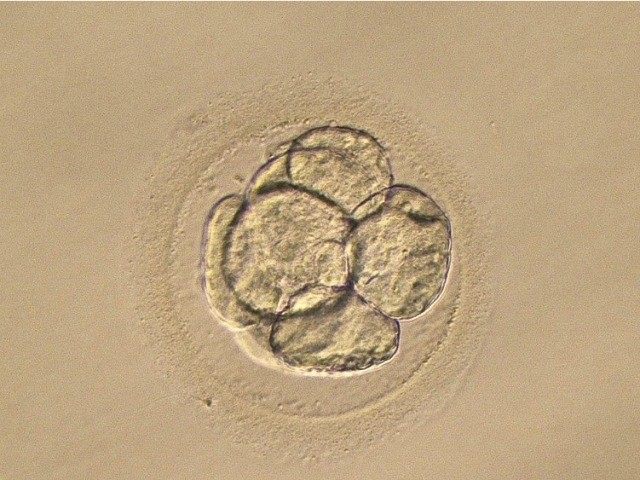Chinese scientists genetically modified human embryos for the first time in history, receiving backlash from the international community. Junjiu Huang, a gene-function researcher at Sun Yat-sen University, and his group clarified that they used non-viable embryos for their experiment.
Nature, a weekly journal on science, reported:
The technique used by Huang’s team involves injecting embryos with the enzyme complex CRISPR/Cas9, which binds and splices DNA at specific locations. The complex can be programmed to target a problematic gene, which is then replaced or repaired by another molecule introduced at the same time. The system is well studied in human adult cells and in animal embryos. But there had been no published reports of its use in human embryos.
Huang and his colleagues set out to see if the procedure could replace a gene in a single-cell fertilized human embryo; in principle, all cells produced as the embryo developed would then have the repaired gene. The embryos they obtained from the fertility clinics had been created for use in in vitro fertilization but had an extra set of chromosomes, following fertilization by two sperm. This prevents the embryos from resulting in a live birth, though they do undergo the first stages of development.
Huang’s group studied the ability of the CRISPR/Cas9 system to edit the gene called HBB, which encodes the human β-globin protein. Mutations in the gene are responsible for β-thalassaemia.
“I believe this is the first report of CRISPR/Cas9 applied to human pre-implantation embryos and as such the study is a landmark, as well as a cautionary tale,” claimed George Daley, a stem-cell biologist at Harvard Medical School. “Their study should be a stern warning to any practitioner who thinks the technology is ready for testing to eradicate disease genes.”
The group tested 86 embryos and waited 48 hours. They then tested 54 of the 72 embryos that did survive. The test resulted in 28 spliced embryos, but “only a fraction of those contained the replacement genetic material.” Even though some spliced, the overall test was not successful due to the low rates.
“If you want to do it in normal embryos, you need to be close to 100%,” explained Huang. “That’s why we stopped. We still think it’s too immature.”
The small online journal Protein and Cell published the paper after Science and Nature rejected it due to ethical concerns. Last month, a paper authored by geneticists urged the community not to test on human embryos because “the potential safety and efficacy issues arising from the use of this technology must be thoroughly investigated and understood before any attempts at human engineering are sanctioned, if ever for clinical testing.”
Some scientists support these tests since it is a possibility the treatments could end hereditary diseases “in all of his or her descendants.” But is a slippery slope since it could also push people to engineer their child.

COMMENTS
Please let us know if you're having issues with commenting.